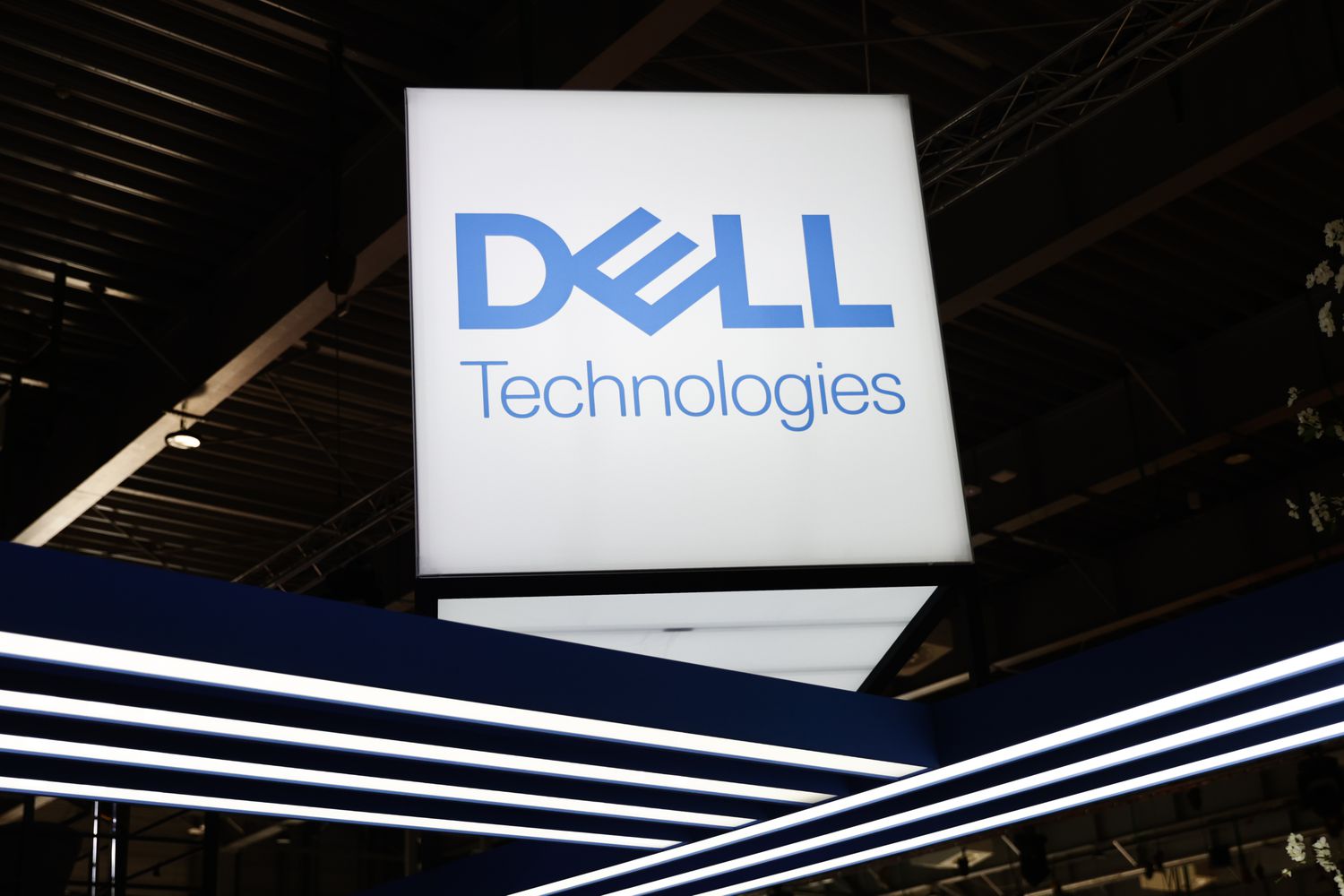Business
Dell stock dividend: What investors need to know

The Dell stock dividend has become a topic of interest for both new and seasoned investors seeking stable returns from the tech giant. Dell Technologies, a leading player in the IT and hardware industry, has built a reputation for technology and performance.
Recently, its approach to dividends has garnered attention as the company aims to attract income-focused investors while maintaining its growth strategy.
This article explores Dell’s dividend policy, its financial implications, and what it means for shareholders.
Does Dell pay dividends?
Yes, Dell Technologies pays dividends to its shareholders. The company announced its first regular dividend in 2022 as part of its broader strategy to return capital to investors. This marked a significant shift in Dell’s financial strategy, signaling its maturation as a company and its commitment to shareholder value.
The current dividend yield, payout ratio, and dividend growth trends make Dell stock an appealing option for income-focused investors. However, it’s important to understand how these dividends align with the company’s financial health and growth ambitions.
Dell’s dividend policy
Dell Technologies initiated its dividend policy with a focus on balancing shareholder returns and reinvestment in its business. The company has emphasized maintaining a sustainable payout ratio that supports both dividend payments and strategic investments in innovation and acquisitions.
Features of Dell’s dividend policy
- Quarterly payouts: Dell pays dividends on a quarterly basis, providing regular income for investors.
- Sustainable growth: The company aims to gradually increase its dividends as earnings grow, ensuring long-term sustainability.
- Capital allocation balance: Dell prioritizes reinvesting in its core business areas while returning excess capital to shareholders through dividends and share buybacks.
How Dell’s dividends compare to industry peers
Dell’s dividend yield may be lower than some high-dividend-paying stocks in the tech sector, but it aligns with the company’s emphasis on growth and innovation. Compared to peers like HP Inc. and IBM, which have more established dividend histories, Dell’s approach is more conservative but signals its commitment to rewarding shareholders.
Financial health and dividend sustainability
Investors often evaluate a company’s financial health to determine whether its dividends are sustainable. Dell Technologies has demonstrated strong financial performance, supported by robust revenue streams and efficient cost management.
Revenue and profitability
Dell’s revenue is driven by its diversified business model, which includes PC sales, enterprise solutions, and cloud infrastructure. Consistent profitability has enabled the company to generate free cash flow, supporting both growth initiatives and dividend payments.
Debt management
One concern for Dell has been its historically high levels of debt, primarily due to its acquisition of EMC Corporation in 2016. However, the company has made significant progress in reducing its debt burden, improving its balance sheet, and increasing its ability to sustain dividends.
Free cash flow
Free cash flow is a critical factor in assessing dividend sustainability. Dell has prioritized generating strong cash flows, which not only fund dividends but also support strategic investments and debt reduction.
Why investors care about Dell stock dividend
Dell’s introduction of a dividend policy reflects its transition from a high-growth company to a more balanced approach that includes income generation for shareholders. This shift makes Dell stock more attractive to a broader range of investors, including those focused on dividends.
Benefits for income investors
For income-focused investors, Dell stock offers a combination of regular dividend payments and the potential for long-term capital appreciation. The company’s commitment to sustainable dividend growth makes it an appealing option for those seeking consistent returns.
Strategic implications
Dell’s dividends are part of a broader capital allocation strategy that includes share repurchases and reinvestment in innovation. This balanced approach positions the company to compete effectively in the tech industry while rewarding shareholders.
Market perception
The introduction of dividends has positively impacted market perception of Dell stock, signaling financial stability and maturity. This shift enhances Dell’s appeal among institutional investors and income-focused funds.
Risks and considerations
While Dell’s dividend policy is a positive development, there are risks and considerations investors should keep in mind.
Economic conditions
Like all companies, Dell is subject to macroeconomic factors that could impact its financial performance and dividend payouts. Economic downturns, changes in consumer spending, and supply chain disruptions are potential risks.
Industry competition
The technology sector is highly competitive, and Dell must continuously innovate to maintain its market position. Significant investments in research and development could impact the company’s ability to increase dividends.
Debt levels
Although Dell has made progress in reducing its debt, high levels of leverage remain a consideration. Investors should monitor the company’s debt repayment progress and its impact on cash flow.
The future of Dell stock dividend
Dell Technologies has positioned itself as a company focused on delivering value to shareholders through dividends and growth. The company’s commitment to sustainable dividend increases, supported by strong financial performance, suggests a positive outlook for income-focused investors.
Looking ahead, Dell’s ability to grow its dividends will depend on several factors, including revenue growth, debt management, and market conditions. Continued innovation in areas like cloud computing, enterprise solutions, and artificial intelligence will also play a crucial role in supporting the company’s financial performance.
To summarize: Dell Stock dividend
The Dell stock dividend marks an important milestone for the company, reflecting its commitment to balancing growth and shareholder returns. For investors, Dell offers a unique combination of regular dividend income and the potential for long-term capital appreciation.
While risks exist, Dell’s strong financial performance, focus on innovation, and sustainable dividend policy position it as an attractive option in the tech sector.
As the company continues to evolve, its dividends are likely to remain a key component of its strategy, making it a stock worth watching for income-seeking investors. Also, here are some similar articles that you might find useful:
